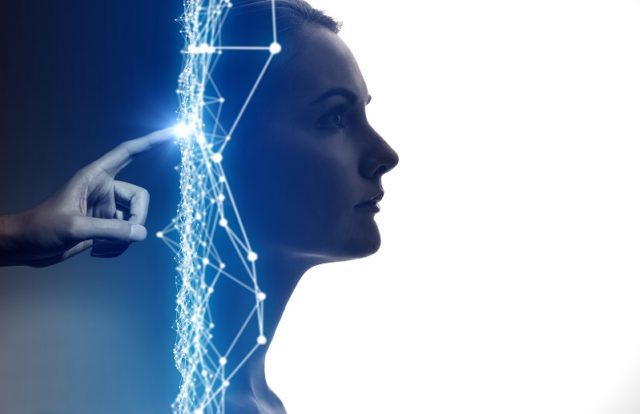
WhiteHat Security, an application security provider for enterprises’ businesses and an independent subsidiary of NTT Ltd., stated that over half of organizations globally use artificial intelligence (AI) or machine learning in their security operations, however, 60% of them are more confident in cyberthreat detections verified by humans over AI.
In its research, “AI and Human Element Security Sentiment Study”, WhiteHat Security highlighted the need for security organizations to incorporate both AI- and human-centric offerings, especially in the application security space.
According to research findings, based on the responses of 102 professionals in the cybersecurity industry, 45% of respondents opined that their companies lack a sufficiently staffed cybersecurity team. Over 70% of respondents agreed that AI-based tools made their security teams more efficient by eliminating over 55% of everyday security operations. Incorporating AI tools into security operations decreased employees’ stress levels, according to 40% of respondents. And, 65% claim that AI tools allow them to focus on cyberattack mitigation and preventive measures.
Despite the advantages AI-based technologies offer, the majority of respondents stressed that there are skills and benefits the human element provides cybersecurity teams that AI and machine learning cannot match.
WhiteHat provides services that are required for organizations to secure the entire software lifecycle (SLC) from the development through deployment and operation. Its Application Security Platform technology solutions include Software Composition Analysis (SCA), Static Application Security Testing (SAST), and Dynamic Application Security Testing (DAST). WhiteHat was acquired by end-to-end cybersecurity solutions provider NTT Security last year.
Commenting on the survey results, Anthony Bettini, CTO at WhiteHat Security, said, “With the growing cyberthreat landscape, it is imperative for security tools and organizations to have a combination of both AI and the human element so there can be continuous risk evaluation with verified results. For all its advantages, AI is still heavily reliant on humans to be successful. Human monitoring and continuous input are required if AI software is to successfully learn and adapt. This is why the human element will never be completely eradicated from the security process.”










